There is nothing more stunning than a big, bright smile. A happy smile is a healthy smile, which is a sign of a healthy person. You may not think about how often you use your mouth for things, but it is truly one of our most dependable assets. Below we go over the importance of a healthy smile.
A healthy smile allows you to eat, chew, breathe, and swallow without a problem. Not to mention, a dazzling smile can be a huge boost in confidence. A good smile can even influence the people around you!
A good smile goes far beyond just looks, however. A healthy smile is important for the health of your entire body, especially your teeth and gums. Check out some of the biggest benefits of having a healthy smile, and visit your dental clinic downtown Los Angeles locations to invest in a healthy smile for life!
Importance of a Healthy Smile: Reduce Risk of Disease
Did you know that a healthy smile means you are protecting your mouth against certain diseases? By taking care of your teeth, you are preventing a buildup of bacteria that can make way for rot and decay.
If bacteria is left on the teeth for too long, it will contribute to the buildup of plaque and tartar – dangerous substances that can cause infection. Ultimately, the bacteria can get into your bloodstream, wreaking havoc on the rest of your body.
The most common oral disease is gum disease, which has symptoms of bleeding, enflamed, and receding gums. Not only is this disease painful for you, but it also puts the rest of your body and your immune system at risk.
By brushing your teeth and checking in with your dentist for regular cleanings, you can avoid this harmful disease.
Keeping Healthy Teeth
You want to keep your teeth for life, don’t you? By investing in daily oral health habits, you can keep your teeth healthy and strong for a lifetime.
You should also think about your everyday eating habits. Do you consume a lot of sugar? If so, you might want to cut back, since sugar adds to the buildup of plaque and tartar.
Without maintaining your teeth, they will fall into decay. Decay and gum disease can lead to tooth loss. After that, you will need dental implants or a bridge in order to use your mouth as normal.
HealthScope Magazine recommends making a daily oral health routine so you can keep the threat of gum disease at bay. For best results, you should:
Quit smoking.
Tobacco use is one of the highest contributors to oral health problems. Tobacco can lead to tooth decay, cavities, and even rot.
Brush your teeth twice a day.
Make sure your toothbrush has soft bristle and you are using a toothpaste that contains fluoride. This will help strengthen your teeth and keep them healthy!
Get rid of sugar.
Try not to eat as much sugar as you normally do. You’d be amazed how much healthier your teeth will be without it!
Start flossing.
If you don’t floss when you brush, perhaps it’s time to start.
It is not difficult to maintain healthy teeth, but it is something you should commit to for life in order to have a healthy and happy smile.
Take Care of Your Smile and Feel Good Inside and Out!
A healthy smile is a sign of so many positive things. Good physical health, great oral health, and an amazing sense of self-confidence. Happy smiles aren’t just good for your appearance, but for your whole body.
It’s important to visit your local cosmetic dentist downtown Los Angeles at least twice a year for regular cleanings. That way, your dentist can keep an eye on the state of your teeth and get rid of any problems before they occur.
Your smile is something that you will carry with you for life; make sure to take good care of it!







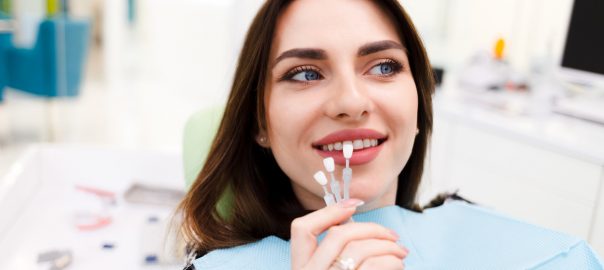
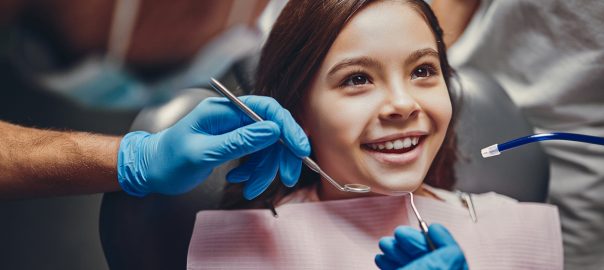
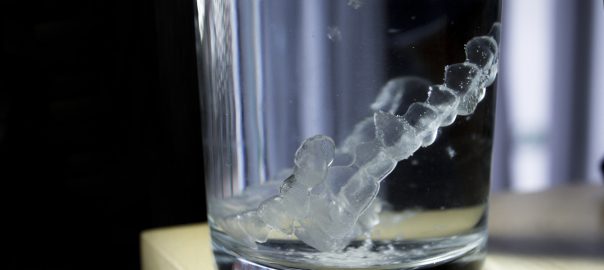


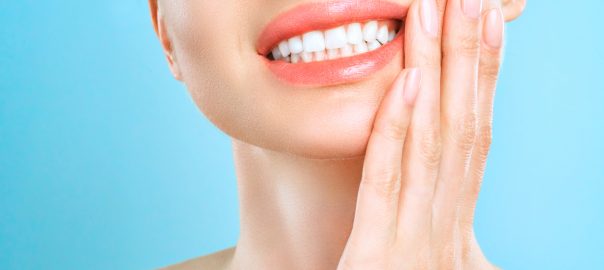
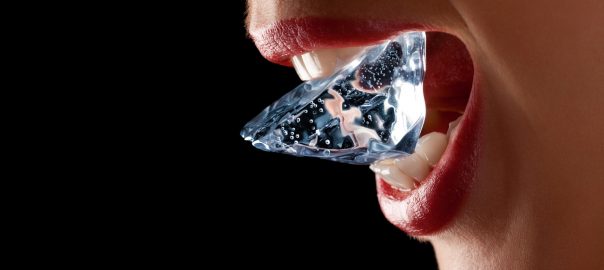
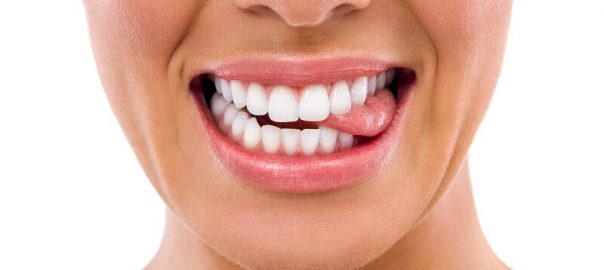


 Yelp
Yelp I have never had a better dental experience prior to my visit with Dr. Zabolian. It was pain free for the first time ever, the staff was friendly, accommodating to my schedule, there were no problems with my insurance claims... I am so happy I have found a dentist (after all these years) I feel so comfortable going to and also taking my family.
I have never had a better dental experience prior to my visit with Dr. Zabolian. It was pain free for the first time ever, the staff was friendly, accommodating to my schedule, there were no problems with my insurance claims... I am so happy I have found a dentist (after all these years) I feel so comfortable going to and also taking my family. 






